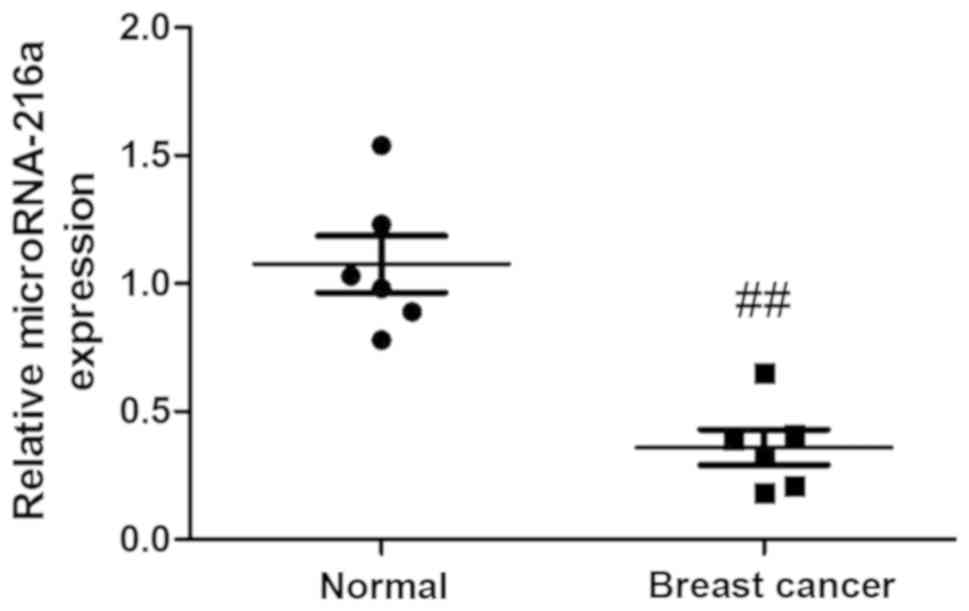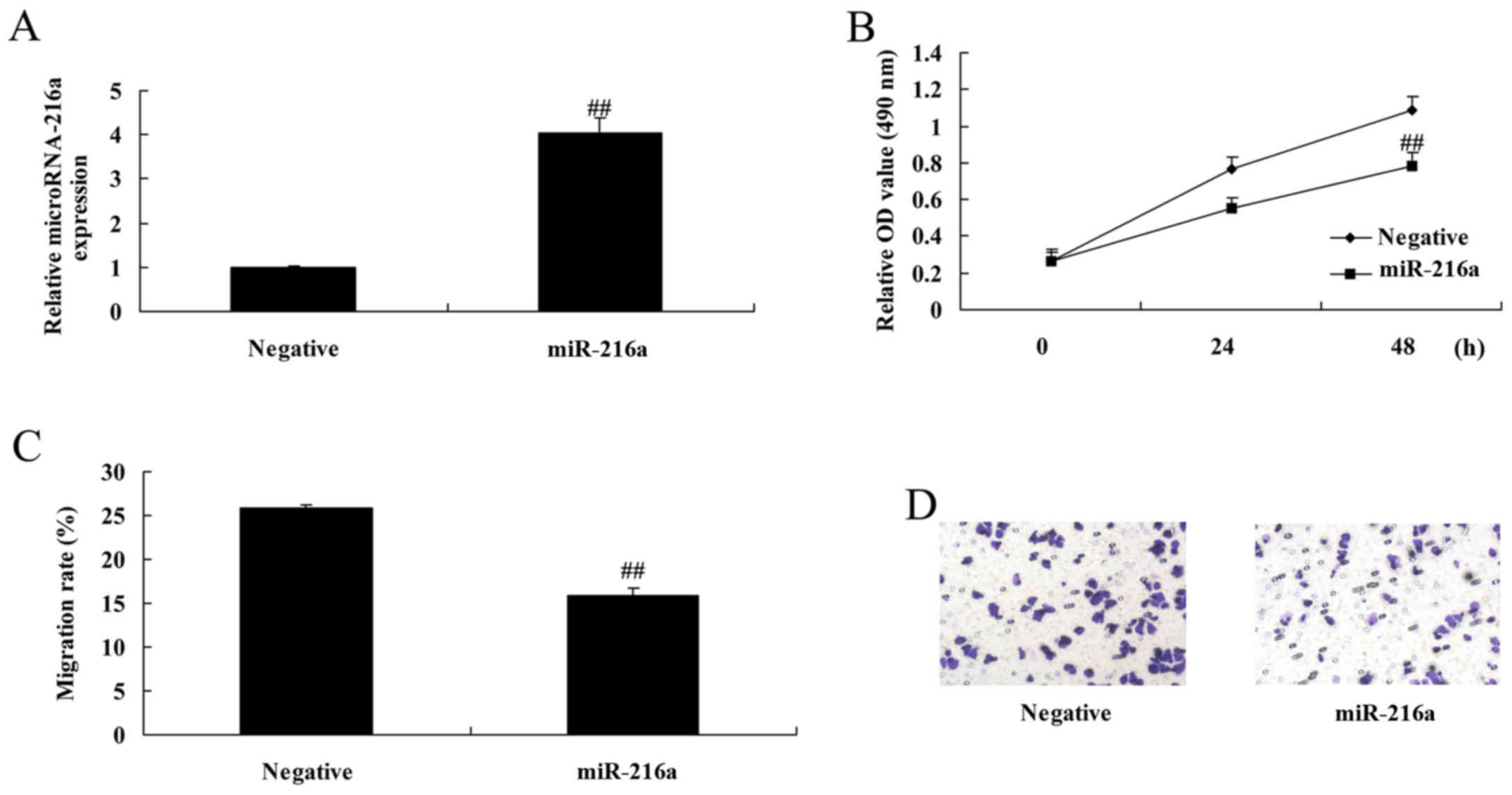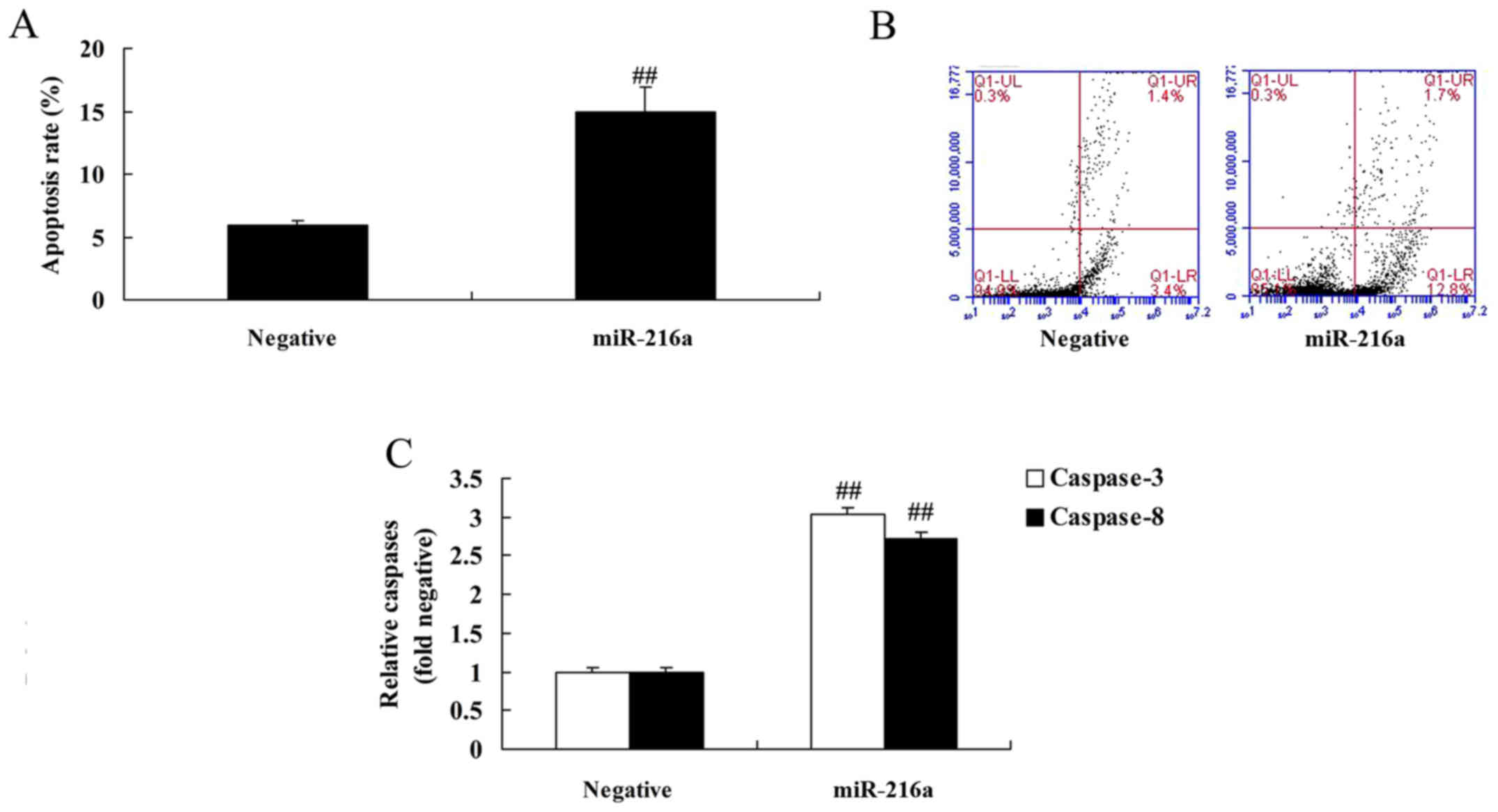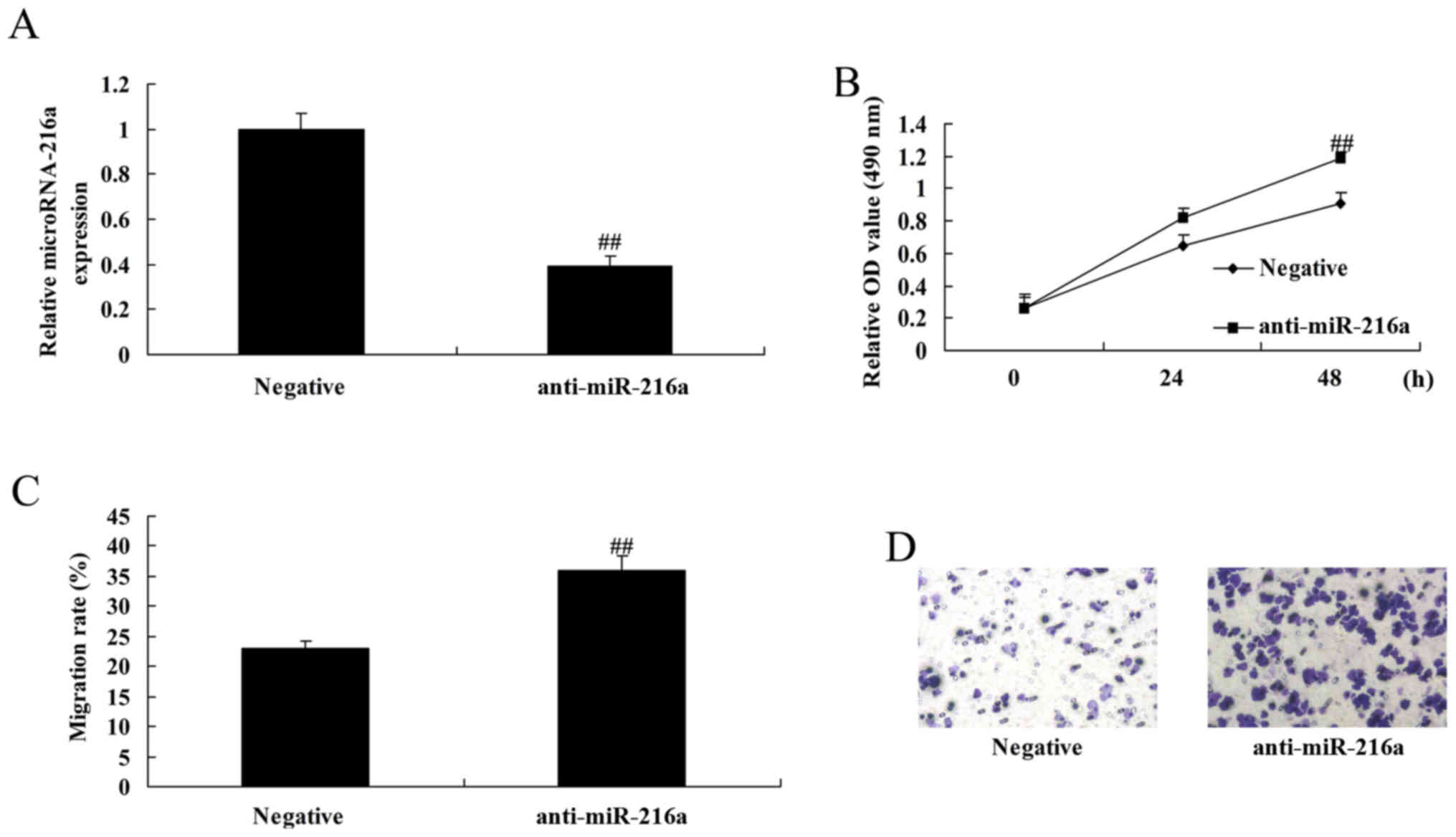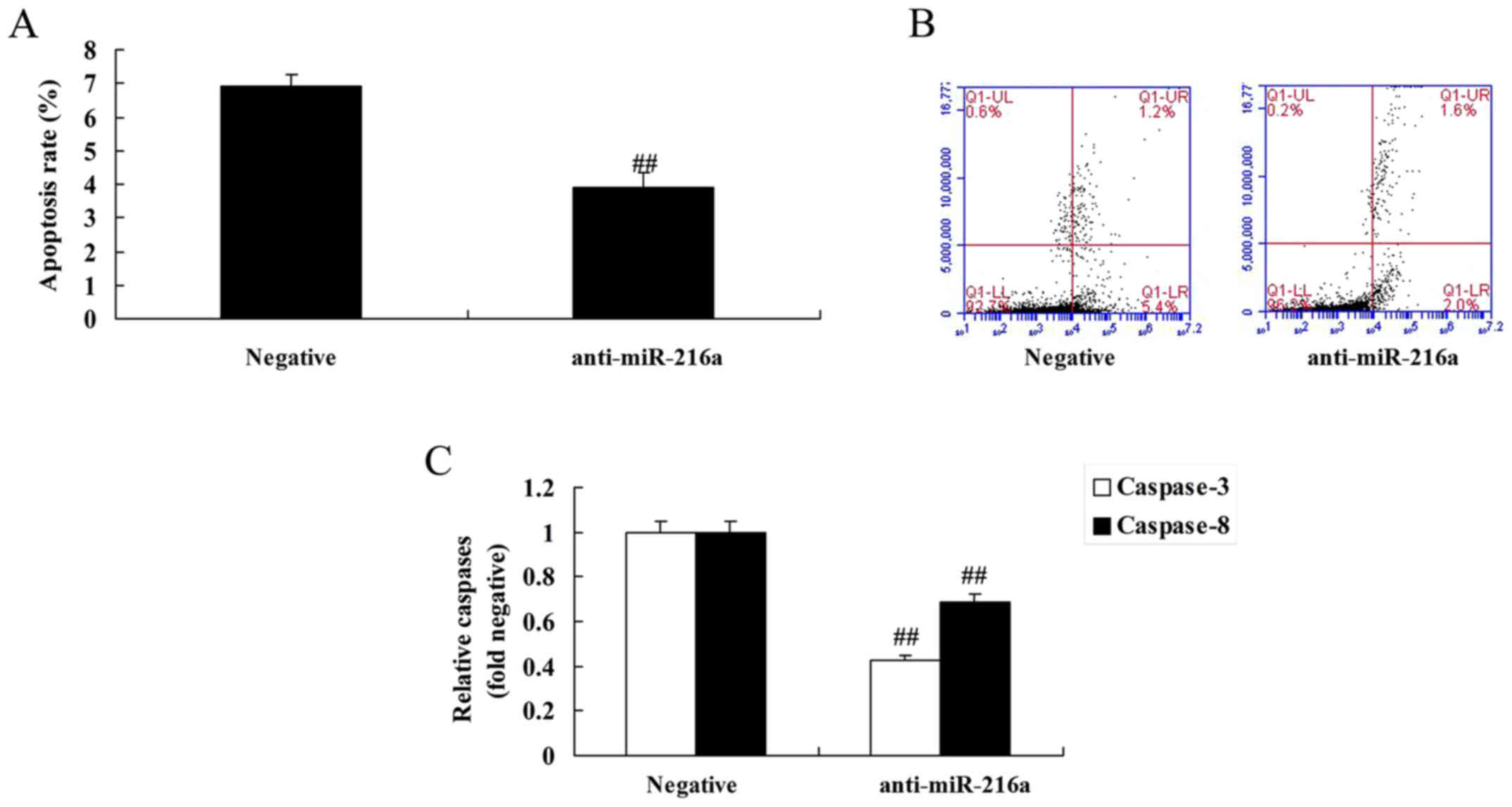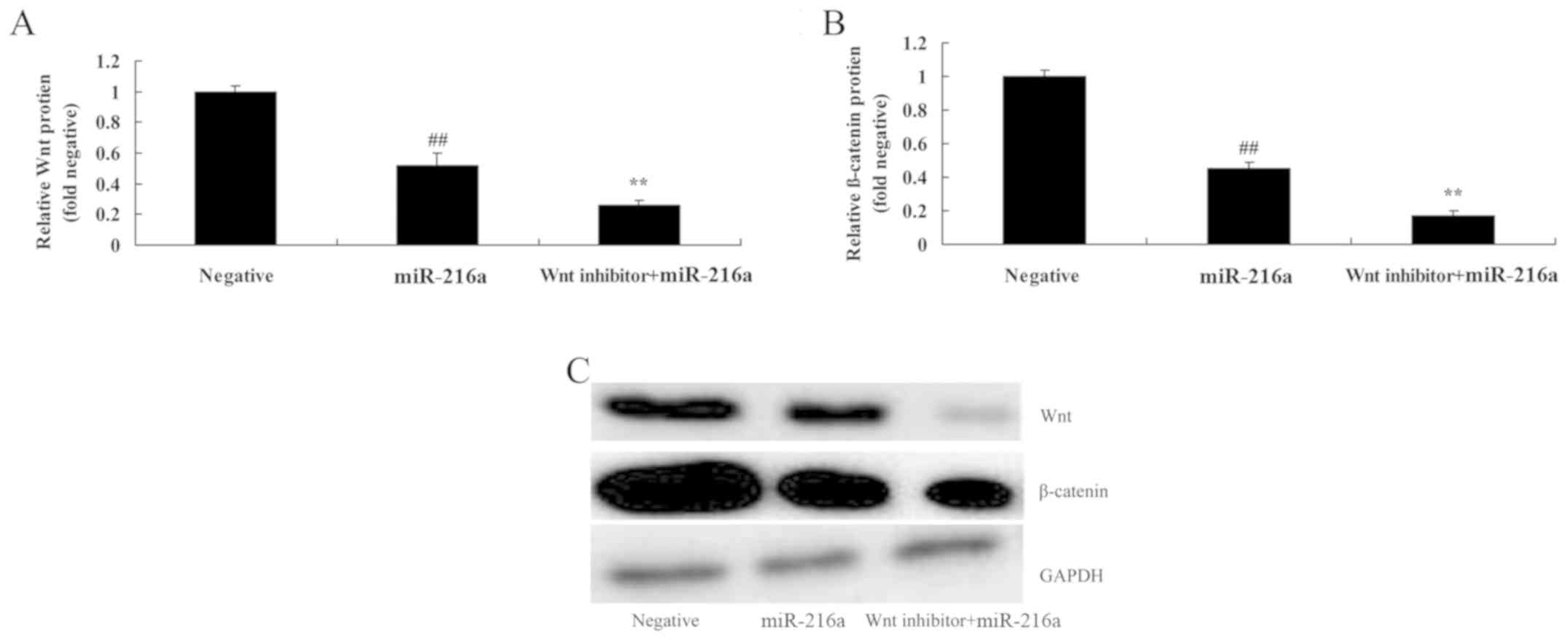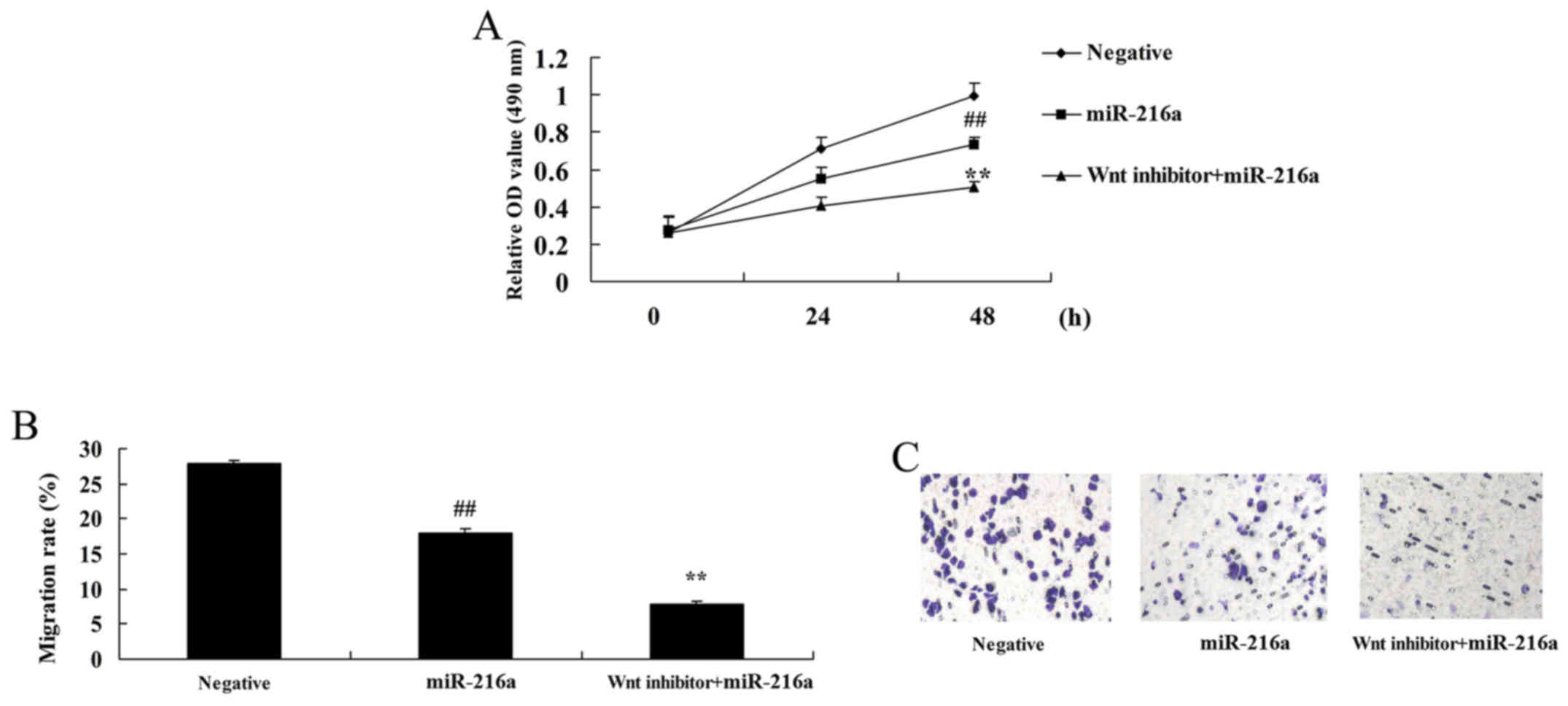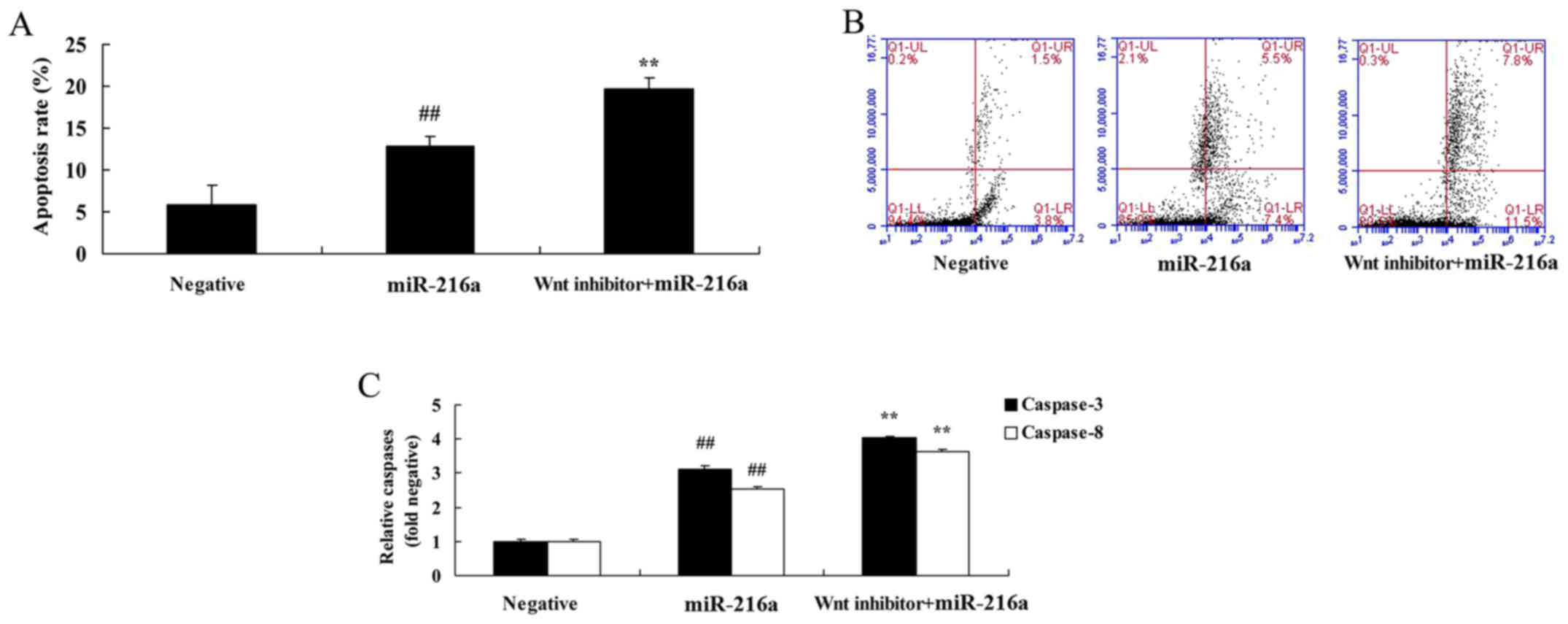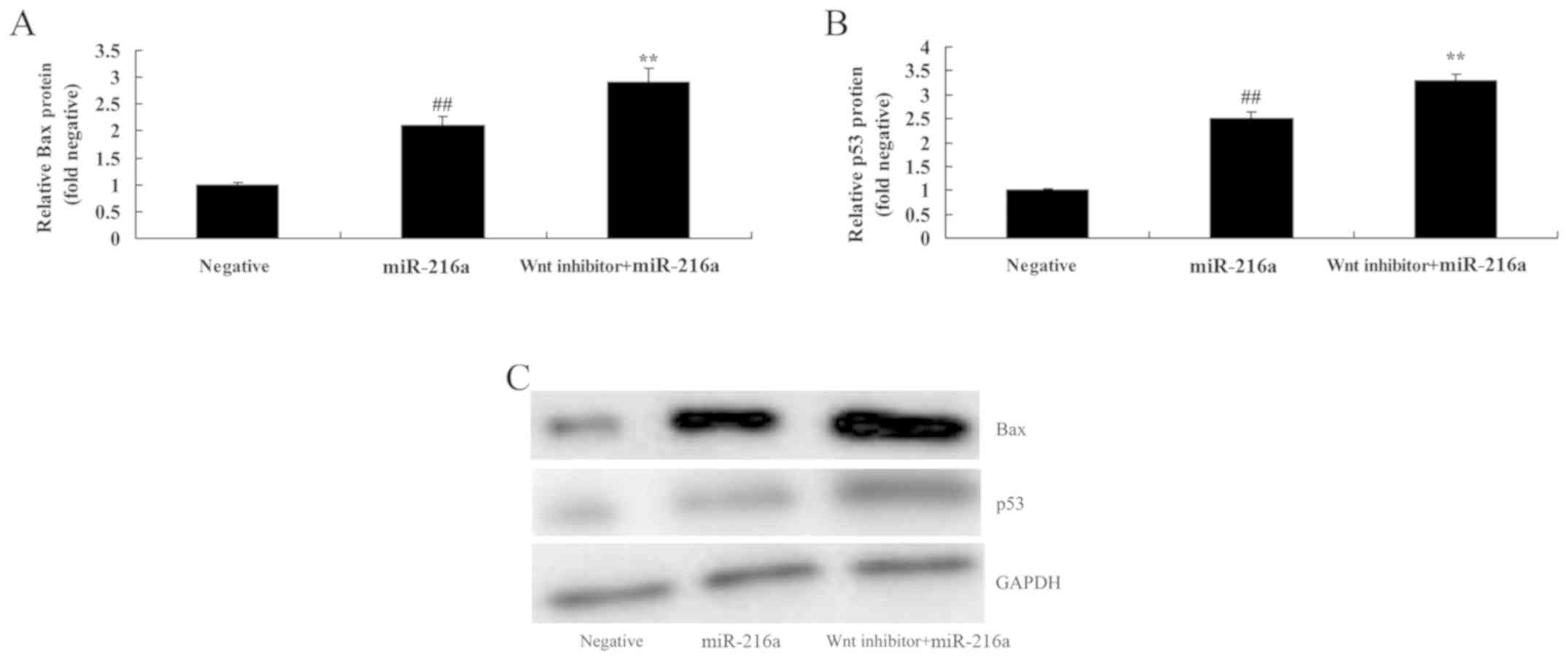|
1
|
Taylor-Phillips S, Wallis MG, Jenkinson D,
Adekanmbi V, Parsons H, Dunn J, Stallard N, Szczepura A, Gates S,
Kearins O, et al: Effect of using the same vs different order for
second readings of screening mammograms on rates of breast cancer
detection: A randomized clinical trial. JAMA. 315:1956–1965. 2016.
View Article : Google Scholar : PubMed/NCBI
|
|
2
|
Pu Z, Zhang X, Chen Q, Yuan X and Xie H:
Establishment of an expression platform of OATP1B1 388GG and 521CC
genetic polymorphism and the therapeutic effect of tamoxifen in
MCF-7 cells. Oncol Rep. 33:2420–2428. 2015. View Article : Google Scholar : PubMed/NCBI
|
|
3
|
Moss SM, Wale C, Smith R, Evans A, Cuckle
H and Duffy SW: Effect of mammographic screening from age 40 years
on breast cancer mortality in the UK Age trial at 17 years'
follow-up: A randomised controlled trial. Lancet Oncol.
16:1123–1132. 2015. View Article : Google Scholar : PubMed/NCBI
|
|
4
|
Pei L, Zhou Y, Tan G, Mao F, Yang D, Guan
J, Lin Y, Wang X, Zhang Y, Zhang X, et al Outcomes research
consortium, : ultrasound-assisted thoracic paravertebral block
reduces intraoperative opioid requirement and improves analgesia
after breast cancer surgery: A randomized, controlled,
single-center trial. PLoS One. 10:e01422492015. View Article : Google Scholar : PubMed/NCBI
|
|
5
|
Sun X, Xu C, Tang SC, Wang J, Wang H, Wang
P, Du N, Qin S, Li G, Xu S, et al: Let-7c blocks estrogen-activated
Wnt signaling in induction of self-renewal of breast cancer stem
cells. Cancer Gene Ther. 23:83–89. 2016. View Article : Google Scholar : PubMed/NCBI
|
|
6
|
Lii CK, Chang JW, Chen JJ, Chen HW, Liu
KL, Yeh SL, Wang TS, Liu SH, Tsai CH and Li CC: Docosahexaenoic
acid inhibits 12-O-tetradecanoylphorbol-13-acetate-induced
fascin-1-dependent breast cancer cell migration by suppressing the
PKCδ- and Wnt-1/β-catenin-mediated pathways. Oncotarget.
7:25162–25179. 2016. View Article : Google Scholar : PubMed/NCBI
|
|
7
|
Morrow KA, Das S, Meng E, Menezes ME,
Bailey SK, Metge BJ, Buchsbaum DJ, Samant RS and Shevde LA: Loss of
tumor suppressor Merlin results in aberrant activation of
Wnt/β-catenin signaling in cancer. Oncotarget. 7:17991–18005. 2016.
View Article : Google Scholar : PubMed/NCBI
|
|
8
|
Wei H, Wang H, Ji Q, Sun J, Tao L and Zhou
X: NRBP1 is downregulated in breast cancer and NRBP1 overexpression
inhibits cancer cell proliferation through Wnt/β-catenin signaling
pathway. Onco Targets Ther. 8:3721–3730. 2015.PubMed/NCBI
|
|
9
|
Cui J, Li P, Liu X, Hu H and Wei W:
Abnormal expression of the Notch and Wnt/β-catenin signaling
pathways in stem-like ALDHhiCD44+ cells correlates
highly with Ki-67 expression in breast cancer. Oncol Lett.
9:1600–1606. 2015. View Article : Google Scholar : PubMed/NCBI
|
|
10
|
Farahmand L, Darvishi B, Majidzadeh AK and
Madjid Ansari A: Naturally occurring compounds acting as potent
anti-metastatic agents and their suppressing effects on Hedgehog
and WNT/beta-catenin signalling pathways. Cell Prolif.
50:e122992017. View Article : Google Scholar
|
|
11
|
Li K, Ying M, Feng D, Du J, Chen S, Dan B,
Wang C and Wang Y: Fructose-1,6-bisphosphatase is a novel regulator
of Wnt/β-Catenin pathway in breast cancer. Biomed Pharmacother.
84:1144–1149. 2016. View Article : Google Scholar : PubMed/NCBI
|
|
12
|
Shrivastava S, Jeengar MK, Thummuri D,
Koval A, Katanaev VL, Marepally S and Naidu VGM: Cardamonin, a
chalcone, inhibits human triple negative breast cancer cell
invasiveness by downregulation of Wnt/β-catenin signaling cascades
and reversal of epithelial-mesenchymal transition. Biofactors.
43:152–169. 2017. View Article : Google Scholar : PubMed/NCBI
|
|
13
|
Li Y, Cai B, Shen L, Dong Y, Lu Q, Sun S,
Liu S, Ma S, Ma PX and Chen J: MiRNA-29b suppresses tumor growth
through simultaneously inhibiting angiogenesis and tumorigenesis by
targeting Akt3. Cancer Lett. 397:111–119. 2017. View Article : Google Scholar : PubMed/NCBI
|
|
14
|
Das S: Identification and targeting of
microRNAs modulating acquired chemotherapy resistance in Triple
negative breast cancer (TNBC): A better strategy to combat
chemoresistance. Med Hypotheses. 96:5–8. 2016. View Article : Google Scholar : PubMed/NCBI
|
|
15
|
Liu B, Su F, Chen M, Li Y, Qi X, Xiao J,
Li X, Liu X, Liang W, Zhang Y, et al: Serum miR-21 and miR-125b as
markers predicting neoadjuvant chemotherapy response and prognosis
in stage II/III breast cancer. Hum Pathol. 64:44–52. 2017.
View Article : Google Scholar : PubMed/NCBI
|
|
16
|
Zhang J, Xu K, Shi L, Zhang L, Zhao Z, Xu
H, Liang F, Li H, Zhao Y, Xu X, et al: Overexpression of
microRNA-216a suppresses proliferation, migration, and invasion of
glioma cells by targeting leucine-rich repeat-containing G
protein-coupled receptor 5. Oncol Res. 25:1317–1327. 2017.
View Article : Google Scholar : PubMed/NCBI
|
|
17
|
Liu M, Wang S, Cui S, Duan X, Fan Z and Yu
Z: The feasibility of the ACOSOG Z0011 Criteria to Chinese Breast
Cancer Patients: A multicenter study. Sci Rep. 5:152412015.
View Article : Google Scholar : PubMed/NCBI
|
|
18
|
Li T, Wang B, Wang Z, Ragaz J, Zhang J,
Sun S, Cao J, Lv F, Wang L, Zhang S, et al: Bevacizumab in
combination with modified FOLFOX6 in heavily pretreated patients
with HER2/neu-negative metastatic breast cancer: A Phase II
Clinical Trial. PLoS One. 10:e01331332015. View Article : Google Scholar : PubMed/NCBI
|
|
19
|
Láng I, Bell R, Feng FY, Lopez RI, Jassem
J, Semiglazov V, Al-Sakaff N, Heinzmann D and Chang J: Trastuzumab
retreatment after relapse on adjuvant trastuzumab therapy for human
epidermal growth factor receptor 2-positive breast cancer: Final
results of the Retreatment after HErceptin Adjuvant trial. Clin
Oncol (R Coll Radiol). 26:81–89. 2014. View Article : Google Scholar : PubMed/NCBI
|
|
20
|
Li L and Ma HQ: MicroRNA-216a inhibits the
growth and metastasis of oral squamous cell carcinoma by targeting
eukaryotic translation initiation factor 4B. Mol Med Rep.
12:3156–3162. 2015. View Article : Google Scholar : PubMed/NCBI
|
|
21
|
Vadnais C, Shooshtarizadeh P, Rajadurai
CV, Lesurf R, Hulea L, Davoudi S, Cadieux C, Hallett M, Park M and
Nepveu A: Autocrine activation of the Wnt/β-catenin pathway by CUX1
and GLIS1 in breast cancers. Biol Open. 3:937–946. 2014. View Article : Google Scholar : PubMed/NCBI
|
|
22
|
Yin L, Gao Y, Zhang X, Wang J, Ding D,
Zhang Y, Zhang J and Chen H: Niclosamide sensitizes triple-negative
breast cancer cells to ionizing radiation in association with the
inhibition of Wnt/β-catenin signaling. Oncotarget. 7:42126–42138.
2016. View Article : Google Scholar : PubMed/NCBI
|
|
23
|
Ahmed K, Shaw HV, Koval A and Katanaev VL:
A second WNT for old drugs: Drug repositioning against
WNT-dependent cancers. Cancers (Basel). 8(pii): E662016. View Article : Google Scholar : PubMed/NCBI
|
|
24
|
Guo L, Yilamu D, Sun L, Liu S and Ma F:
Association among the expression of β-catenin, cyclin D1 and
estrogen receptor-β in human breast cancer. Exp Ther Med.
10:1423–1428. 2015. View Article : Google Scholar : PubMed/NCBI
|
|
25
|
Lu W, Lin C and Li Y: Rottlerin induces
Wnt co-receptor LRP6 degradation and suppresses both Wnt/β-catenin
and mTORC1 signaling in prostate and breast cancer cells. Cell
Signal. 26:1303–1309. 2014. View Article : Google Scholar : PubMed/NCBI
|
|
26
|
Lill C, Schneider S, Ghanim B, Brunner M,
Heiduschka G, Loewe R and Thurnher D: Expression of β-catenin and
cyclin D1 in Merkel cell carcinomas of the head and neck. Wien Klin
Wochenschr. 125:501–507. 2013. View Article : Google Scholar : PubMed/NCBI
|
|
27
|
Zhou XL, Qin XR, Zhang XD and Ye LH:
Downregulation of Dickkopf-1 is responsible for high proliferation
of breast cancer cells via losing control of Wnt/beta-catenin
signaling. Acta Pharmacol Sin. 31:202–210. 2010. View Article : Google Scholar : PubMed/NCBI
|
|
28
|
Zhang J, Yang Z, Li P, Bledsoe G, Chao L
and Chao J: Kallistatin antagonizes Wnt/β-catenin signaling and
cancer cell motility via binding to low-density lipoprotein
receptor-related protein 6. Mol Cell Biochem. 379:295–301. 2013.
View Article : Google Scholar : PubMed/NCBI
|















